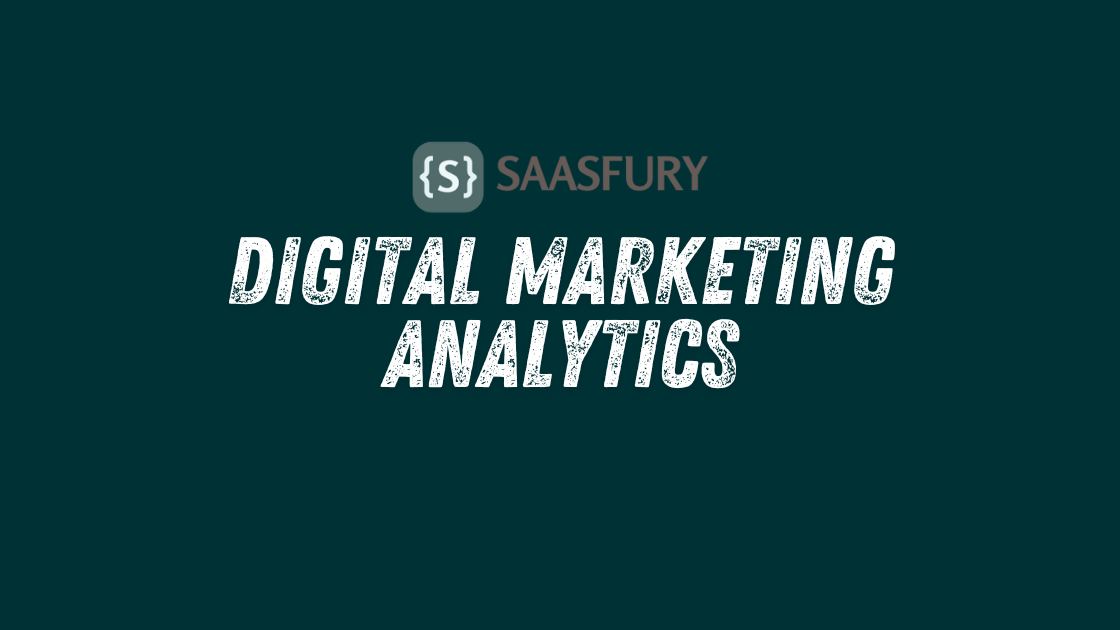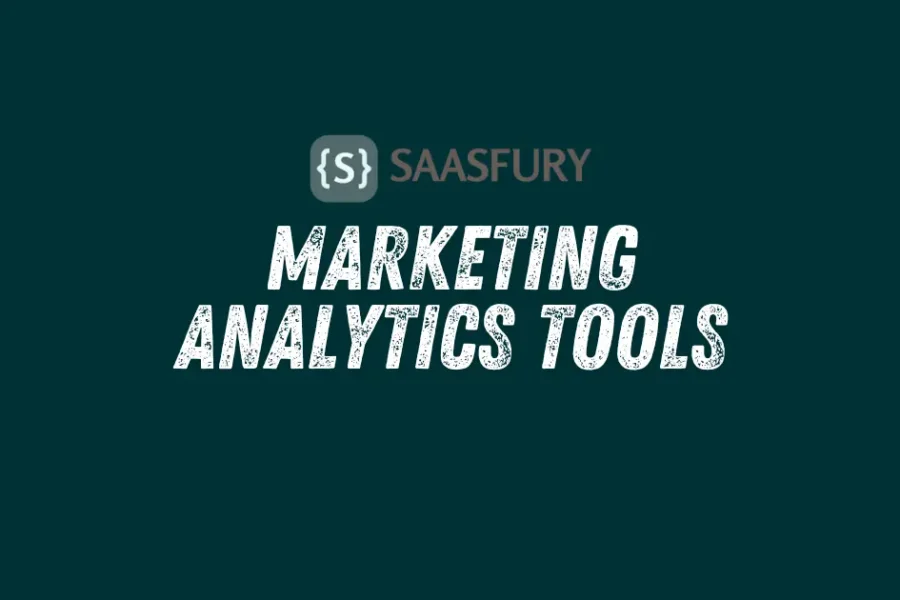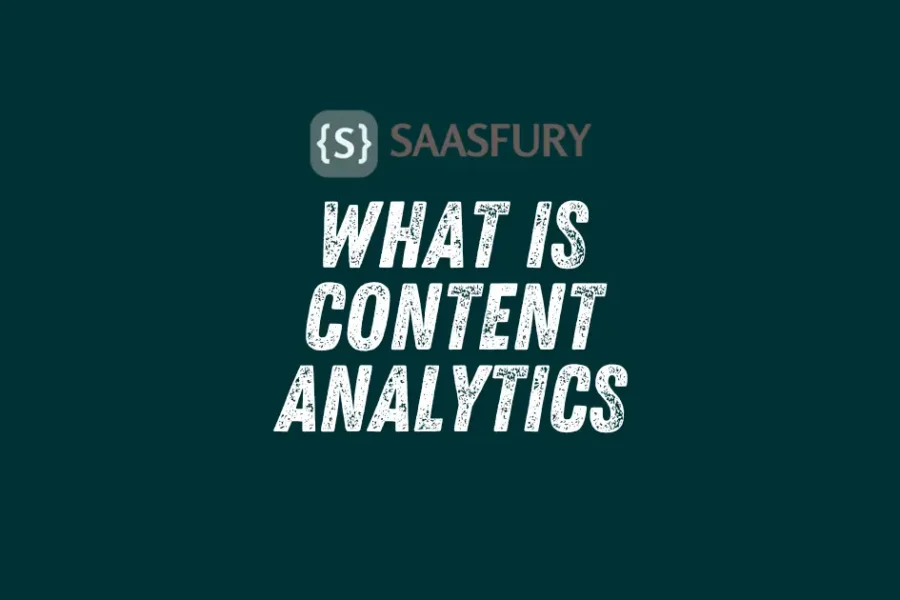Digital Marketing Analytics is the process of measuring, managing, and analyzing marketing performance. It helps optimize return on investment (ROI) and increase effectiveness.
Understanding the impact of your marketing strategies is essential in today’s digital world. Digital Marketing Analytics provides insights into customer behavior, campaign performance, and overall engagement across various digital platforms.
By leveraging data from social media, websites, email campaigns, and more, businesses can make data-driven decisions that propel their marketing efforts forward.
This analytical approach enables marketers to identify trends, uncover opportunities, and rectify shortcomings in real time. With a focus on metrics like click-through rates, conversion rates, and customer acquisition costs, professionals can fine-tune their digital campaigns for maximum impact. As the digital landscape continues to evolve, mastering Digital Marketing Analytics becomes crucial for staying ahead in a competitive market.
Table of Contents
The Evolution Of Digital Marketing Analytics
The digital landscape has transformed drastically over the years. This shift has significantly changed how businesses analyze their marketing efforts. Understanding the evolution of digital marketing analytics is vital for marketers aiming to stay ahead of the curve. We will explore the journey from traditional methods to modern analytics techniques.
From Traditional To Digital: A Brief History
The journey of marketing analytics began with traditional approaches. Initially, businesses relied on data from sources like print ads, TV, and direct mail. Analytics was manual and time-consuming, often leading to decisions based on gut feelings rather than hard data. The digital era ushered in a new age of data collection and analysis, transforming the marketing landscape.
1980s: The use of spreadsheets revolutionized data analysis.
1990s: Websites emerged, and web analytics tools started tracking online behavior.
2000s: Social media platforms became a goldmine for consumer insights.
2010s: Big data and advanced analytics tools set new standards for precision.
Defining Digital Marketing Analytics
Let’s dive into what Digital Marketing Analytics is all about. This field gives us a deep look into how our online marketing is doing. It helps us understand what works and what doesn’t. With it, we can make better decisions for our online campaigns.
Core Components And Functions
Digital Marketing Analytics is made up of several key parts. Each part plays a big role in understanding our marketing efforts. Here’s a quick look at them:
Data Collection: This is where we gather information from various sources like websites, social media, and emails.
Data Analysis: Here, we dive into the collected data. We look for trends, patterns, and insights.
Reporting: After analyzing, we prepare reports. These reports show our findings in an easy-to-understand way.
Actionable Insights: Lastly, we use our findings to make better marketing decisions. This helps improve our strategies.
The Role Of Data In Modern Marketing
Data plays a huge role in today’s marketing world. Let’s see how:
- Understanding Audience: Data helps us know who our audience is. We learn what they like and need.
- Personalization: With data, we can make our marketing more personal. We can tailor our messages to fit our audience better.
- Performance Tracking: Data allows us to track how well our campaigns are doing. We can see what’s working and what’s not.
- Decision Making: Lastly, data guides our decisions. It helps us choose the right strategies to reach our goals.

Types Of Digital Marketing Analytics Tools
Digital marketing analytics tools are crucial for understanding performance. They help businesses make informed decisions. Each tool offers unique insights. Let’s explore the different types.
Web Analytics Platforms
Web analytics platforms track website activity. They provide data on user behavior, traffic sources, and conversions. Popular tools include Google Analytics and Adobe Analytics. These platforms offer:
User demographics: Know your audience.
Traffic trends: See peaks and troughs.
Conversion tracking: Measure goals achieved.
Social Media Analytics
Social media analytics gauge performance on platforms like Facebook, Twitter, and Instagram. Tools like Sprout Social and Hootsuite provide insights into:
Engagement rates: Understand likes, shares, and comments.
Follower growth: Track community size.
Content performance: Identify top posts.
Seo And Content Analytics
SEO and content analytics tools like Ahrefs and SEMrush analyze search engine performance. They help optimize content for better rankings. Key features include:
Keyword research: Find search terms.
Backlink analysis: Review incoming links.
Content audits: Improve existing pages.
Email Marketing Analytics
Email marketing analytics tools measure campaign success. Platforms like Mailchimp and Constant Contact offer metrics on:
Open rates: Check who reads your emails.
Click-through rates: See engagement with links.
Conversion rates: Track email-driven sales.
Metrics That Matter
Understanding Digital Marketing Analytics means knowing the Metrics That Matter. These metrics help businesses track their online success. They show what works and what needs improvement. Let’s dive into the key metrics.
Traffic And Engagement Metrics
These metrics show how many people visit your site and what they do there. Important ones include:
Page Views: How many times people view your pages.
Bounce Rate: The percentage of visitors who leave quickly.
Average Session Duration: How long people stay on your site.
These numbers help you understand your audience’s interest and activity.
Conversion And Sales Metrics
Conversion is when a visitor takes an action you want, like buying something. Key metrics include:
- Conversion Rate: The percentage of visitors who convert.
- Cost per Conversion: How much each conversion costs you.
Tracking these helps you see if your marketing efforts lead to sales.
Customer Lifetime Value (clv)
CLV is how much money a customer will bring your business over time. It helps you understand the value of keeping customers happy. A high CLV means customers keep coming back.
Return On Investment (ROI)
ROI shows if the money you spend on marketing is worth it. You calculate it by subtracting the cost from the gain and then dividing it by the cost. A positive ROI means your marketing is successful.
| Metric | What It Tells You |
|---|---|
| Page Views | Interest in your site |
| Bounce Rate | Visitor engagement level |
| Conversion Rate | Effectiveness of your site to prompt action |
By focusing on these metrics, you can make smarter decisions to grow your business online.
Integrating Analytics Into Your Marketing Strategy
Digital marketing thrives on data. Every click, share, and purchase tells a story. Integrating analytics into your marketing strategy turns these tales into actionable insights. It helps understand customer behavior, improve campaigns, and drive growth. Let’s dive into how you can align your business goals with analytics and use data to inform your decisions.
Aligning Business Goals With Data
Start with clear objectives. Know what you aim to achieve. This could be more sales, higher traffic, or better brand awareness. Once goals are set, track the right metrics. These should reflect progress towards your goals. Use a dashboard to visualize these metrics. This helps spot trends and make informed decisions.
For example:
Goal: Increase online sales
Metric: Conversion rate
Tool: Analytics dashboard
Using Analytics To Inform Decision-Making
Analytics go beyond reporting. They empower decision-making. Regularly review your data. Look for what works and what doesn’t. Test different strategies. Keep what delivers results. Ditch what falls short. This creates a loop of continuous improvement.
Consider A/B testing to compare strategies. This helps find the best approach. Use analytics to track the test results. Then, apply the winning tactic to your marketing.
| Test Element | Variant A | Variant B | Result |
|---|---|---|---|
| Email Subject Line | Discount Offer | Exclusive Deal | Variant B Increases Opens |
Remember, data guides to action. It should align with your business goals. It should also inform your marketing decisions. This way, your strategy evolves as your audience does. The result? A business that grows smarter every day.
Challenges In Digital Marketing Analytics
Understanding the challenges in digital marketing analytics is vital. Analytics helps us make smart decisions. But obstacles can slow us down. Let’s explore these hurdles.
Data Privacy And Security Concerns
Data privacy tops the list of challenges. Companies collect lots of data. They must keep this data safe. Users want to know their information is secure.
Key points include:
Strict laws: Rules like GDPR set high standards.
User trust: Safety breeds confidence in brands.
Security measures: Tools like encryption are a must.
Keeping Up With Evolving Technology
Tech changes fast. Marketers must adapt quickly. New tools can be complex.
Consider these aspects:
- Stay educated on trends.
- Invest in the latest software.
- Train teams on new platforms.
Case Studies: Success Stories In Analytics
Digital Marketing Analytics shows us amazing success stories. Let’s dive into some exciting case studies. We will see how small businesses and big corporations have grown. These stories help us understand the power of analytics.
Small Business Wins
Many small businesses have seen big wins with analytics. Here are a few:
Local Bakery Boosts Sales: A bakery used analytics to find its best-selling items. They focused on these and sales went up by 50%.
Eco-Friendly Clothing Line Finds Its Audience: By analyzing data, a small clothing line discovered its target audience. They tailored their marketing. Their online traffic doubled.
Handmade Jewelry Shop Expands Reach: Using analytics, a jewelry shop found new markets. They targeted these areas with ads. Their customer base grew by 40%.
Large Corporation Transformations
Big companies also transform with analytics. Here are their stories:
Global Retailer Increases Online Sales: A global retailer used analytics to understand customer behavior. They personalized the shopping experience. Online sales increased by 30%.
Technology Giant Improves Product Development: A tech company gathered data on how people use their products. They improved their products. Customer satisfaction soared.
Automotive Leader Enhances Customer Service: An automotive company analyzed customer feedback. They improved their service. Customer loyalty rates rose.
The Future Of Digital Marketing Analytics
The digital marketing landscape is rapidly evolving. The future of digital marketing analytics is no exception. Today’s businesses must adapt to stay competitive. They need to harness the power of advanced analytics to understand consumer behavior. This involves making data-driven decisions that can shape successful marketing strategies.
Predictive Analytics And Ai
Predictive analytics are transforming digital marketing. They enable businesses to anticipate customer needs. This foresight can lead to more targeted marketing efforts. AI algorithms analyze past consumer behavior to predict future actions.
Enhanced customer segmentation
Improved personalization of marketing messages
Optimized ad spend for better ROI
AI is crucial for automating complex analysis. It makes sense of massive data sets quickly. As AI evolves, expect smarter, more accurate predictions.
The Impact Of Big Data On Marketing Strategies
Big data is a game-changer for marketing strategies. It offers a deep dive into customer insights. Marketers can track and analyze vast amounts of data in real-time.
| Benefit | Explanation |
|---|---|
| Better Decision Making | Real-time data leads to informed strategies. |
| Customer Retention | Data helps tailor experiences to keep customers engaged. |
| Performance Tracking | Immediate feedback on marketing campaign success. |
Businesses can spot trends and patterns that were once invisible. Big data ensures that marketing strategies are more efficient and effective.
Conclusion
Digital marketing analytics is essential for understanding campaign performance. It guides marketers to make data-driven decisions. Embracing these tools can significantly enhance your strategy. Measure, analyze, and adjust to stay ahead in the digital landscape. Start leveraging analytics today for better business outcomes tomorrow.





Leave a Comment